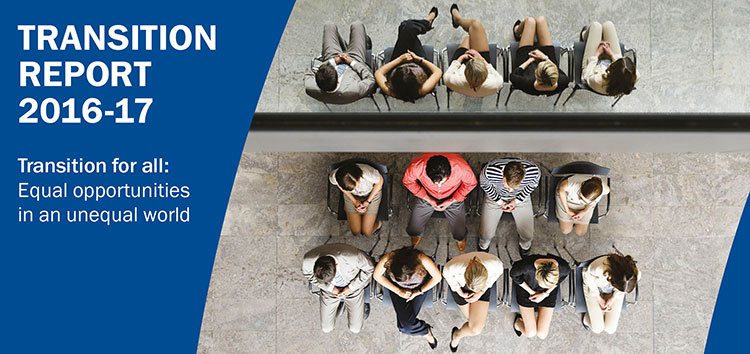TIRANA, January 27
Inequality has increased in Albania. Even though official statistics say that inequality decreased, Albanians perceive the opposite. According to the European Banks for Reconstruction and Development (EBRD) perceptions of inequality pose a threat to economy and political stability. This was highlighted during the presentation of the EBRD’s Transition Report 2016-2017.
“People say that inequality increased during the last four years although statistics confirm the contrary. This indicator is important. Public perceptions are more important than what official stats say concerning people’s trust on the establishment of economic and politic institutions. But most of all, it affects the way how people vote,” Francesca Dalla Pozza from EBRD said.
Uneven development between population strata is a phenomenon that has affected other regional economies, where economic development is concentrated in a small group of the population.
“The deepening social inequality is an issue of particular concern that has been present across the board in transition countries. The report shows that inequality in the economy, in terms of opportunities and financial inclusion, has been expanding, contributing negatively to economic welfare in transition countries. Finding solutions is a difficult challenge, with financial education and financial inclusion considered as tools for addressing this issue successfully,” Governor of the Bank of Albania (BoA) Gent Sejko said.
According to the World Bank (WB), inequality increased during the economic crisis, which hit hard the poor stratum. On the other hand, EBRD’s experts say that the most difficult period passed in Albania.
“The economy is improving. We expect that this positive trend continues during this year thus economic growth may reach the expected level of 3.5% with the help of TAP project,” Peter Stanfey from EBRD stated.
News Source: TCh
Photo Credit: EBRD

Leave a Reply
You must be logged in to post a comment.